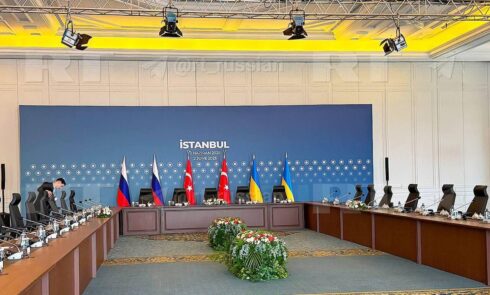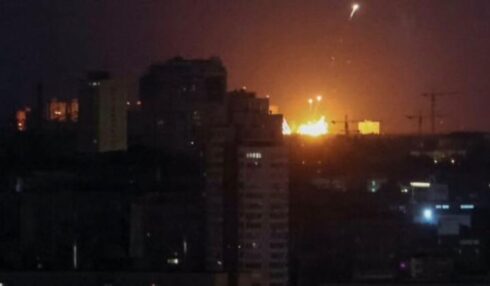Israeli Prime Minister Benjamin Netanyahu has reaffirmed Israel’s commitment to assisting civilians in Gaza as military operations continue. He stated that efforts are underway to facilitate the safe evacuation of non-combatants from areas of intense conflict, emphasizing that Israel is prioritizing civilian safety despite ongoing hostilities.
This statement comes as the Israel Defense Forces (IDF) conduct large-scale military actions aimed at dismantling Hamas strongholds. While Israel maintains that it is taking steps to mitigate civilian casualties, international concerns about humanitarian conditions in Gaza continue to escalate.
Israel’s Evacuation Strategies and Civilian Safety Measures
Benjamin Netanyahu detailed Israel’s multi-pronged approach to evacuating civilians, which includes targeted warnings, safe-passage corridors, and designated humanitarian zones. The IDF has been using leaflets, text messages, and phone calls to inform residents of evacuation routes and provide guidance on moving to safer locations.
Despite these measures, challenges remain, as many residents are reluctant to leave due to uncertainty about their future or logistical difficulties in relocating. The Israeli government asserts that these evacuation efforts demonstrate its commitment to minimizing harm while carrying out necessary military operations against Hamas.
Humanitarian Crisis Escalates as Evacuations Continue
As the conflict intensifies, the humanitarian situation in Gaza has worsened, with reports of severe shortages in food, clean water, and medical supplies. The United Nations has warned that over 80% of Gaza’s population is now displaced, with access to aid becoming increasingly difficult due to continued fighting.
Aid organizations have criticized the limitations on humanitarian access, calling for increased international intervention to provide relief to affected communities. While Israel insists it is working to prevent a humanitarian catastrophe, global leaders are urging immediate action to protect civilians and ensure the delivery of essential resources.
International Responses to Israel’s Evacuation Efforts
The international reaction to Benjamin Netanyahu’s evacuation policies has been mixed. The United States has expressed conditional support, acknowledging Israel’s right to self-defense while urging more precautions to avoid civilian casualties. Meanwhile, European nations and the United Nations have voiced concerns about the effectiveness of evacuation plans and the broader humanitarian impact.
Critics argue that the sheer scale of displacement raises ethical questions about the feasibility of such evacuations, given the limited infrastructure available for sheltering displaced individuals. Calls for ceasefire negotiations and diplomatic solutions have grown louder as the conflict continues to claim lives.
Benjamin Netanyahu’s Vision for Post-Conflict Gaza
Benjamin Netanyahu has outlined a vision for Gaza following the military operations, insisting that the region must be completely demilitarized to ensure long-term security. He has stated that only the IDF can be trusted to enforce this objective, rejecting proposals for an international peacekeeping force.
His stance has sparked debates about the future governance of Gaza, with Palestinian leaders and international stakeholders pushing for alternative solutions. The prospect of a lasting resolution remains uncertain as political tensions persist between Israel, Hamas, and global mediators.
The Road Ahead: Military Operations and Diplomatic Pressures
As the conflict unfolds, Benjamin Netanyahu faces mounting pressure both domestically and internationally. While Israel remains firm in its military objectives, growing humanitarian concerns and international scrutiny may influence future strategic decisions.
With ceasefire negotiations ongoing and diplomatic efforts intensifying, the next steps will determine the future of Gaza and the broader regional stability. The coming weeks will be critical in shaping the geopolitical landscape and addressing the long-term consequences of this escalating crisis.














